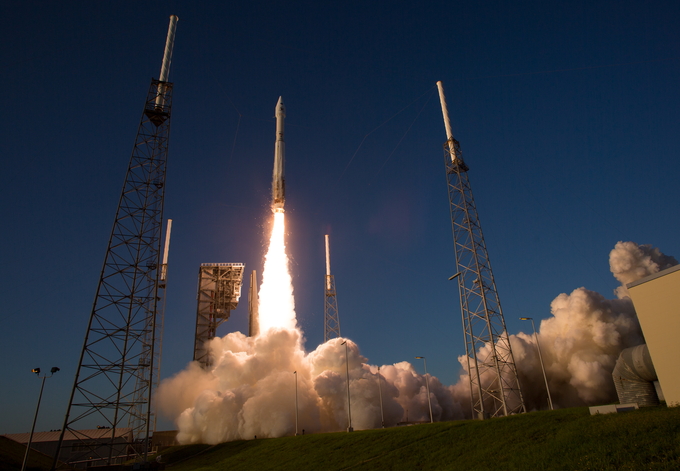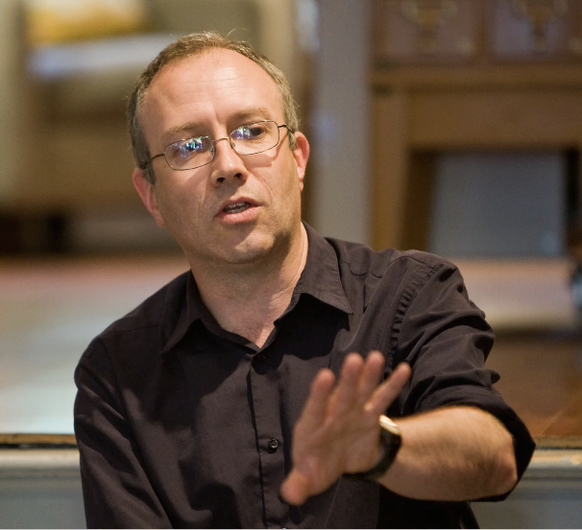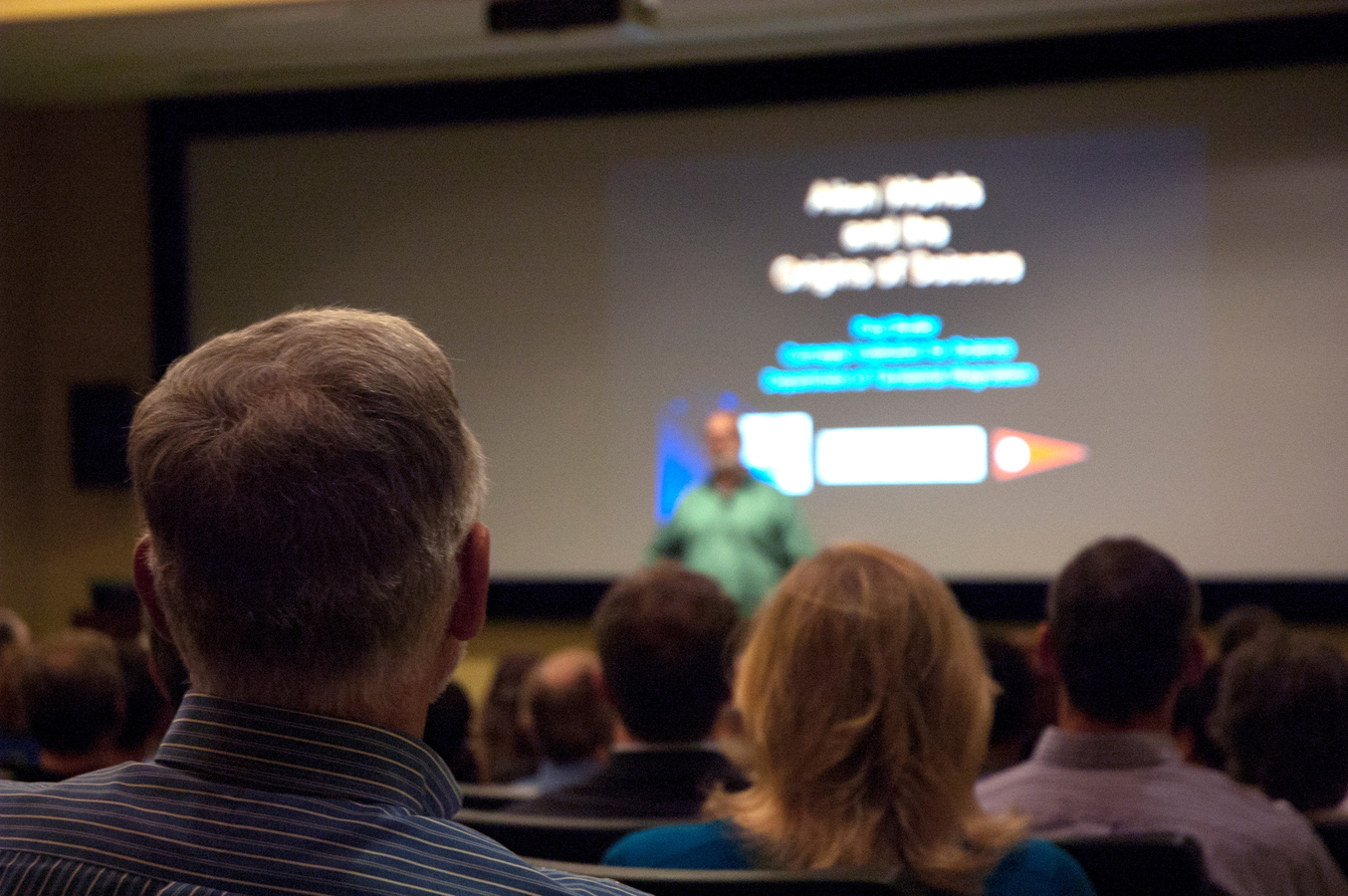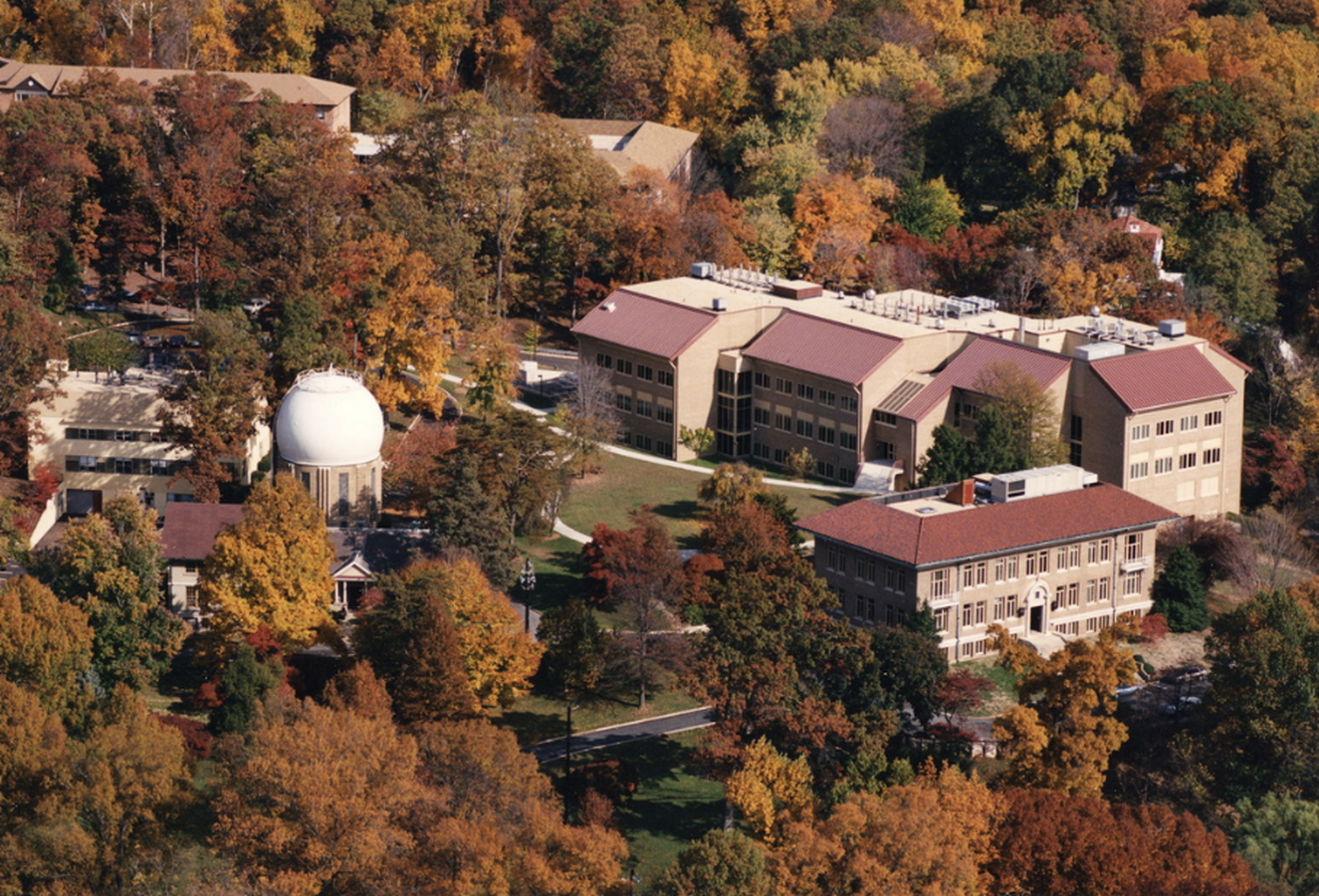
About the Talk
For the first time in four billion years, life on Earth has found a way to escape its origins, with transformative results. From satellite imaging and sensing to communications and navigation, access to space has irrevocably altered life’s trajectory. Now the pace of change is accelerating, and we’re fast approaching a time when there will be more than one rocket launch to space per day.
What does this mean for us all? To piece together the clues, we have to take a step back and look at the natural history of space exploration, its remarkable stories and challenges, and the solar system’s landscape of space and time. Where does a world like Mars fit into the future, or the millions of asteroids orbiting the Sun? And what really happens to a species when it becomes ever more dispersed across the cosmos?

About Caleb Sharf
Caleb Scharf is an astrobiologist and author. He founded and led Columbia University’s Astrobiology Center and is currently the Senior Scientist for Astrobiology at NASA’s Ames Research Center in Silicon Valley. He obtained his PhD in cosmology from the University of Cambridge and has carried out research in astrophysics, exoplanetary science, astrobiology, and machine learning.
He has written over 500 popular science articles for outlets like Scientific American and Nautilus and has authored several acclaimed books. His most recent book is The Giant Leap: Why Space is the Next Frontier in the Evolution of Life (Basic Books/Hachette).
Details of Your Evening
This free science event will begin at 6:30 p.m. EDT (Doors: 6:00 PM) in the Greenewalt Auditorium of Carnegie Science’s Broad Branch Road Campus in NW, Washington, DC. Please RSVP to secure your spot at this event!

For more than fifteen years, the Carnegie Science Earth and Planets Laboratory (EPL) has hosted free public science lectures at our Broad Branch Road campus in northwest Washington, D.C. These talks, held in the spring and fall, connect the local community with the boundary-pushing research happening right next door. Your support funds boundary pushing science and helps ensure that these talks remain free and open to the public.

The Earth and Planets Laboratory (EPL) is located on the Broad Branch Road campus (BBR) in Northwest Washington, DC. Built in 1914, the campus houses both state-of-the-art research facilities and administrative staff—including members of the Carnegie Institution for Science's leadership.
Address:
Earth & Planets Laboratory
5241 Broad Branch Road, NW
Washington, DC 20015
